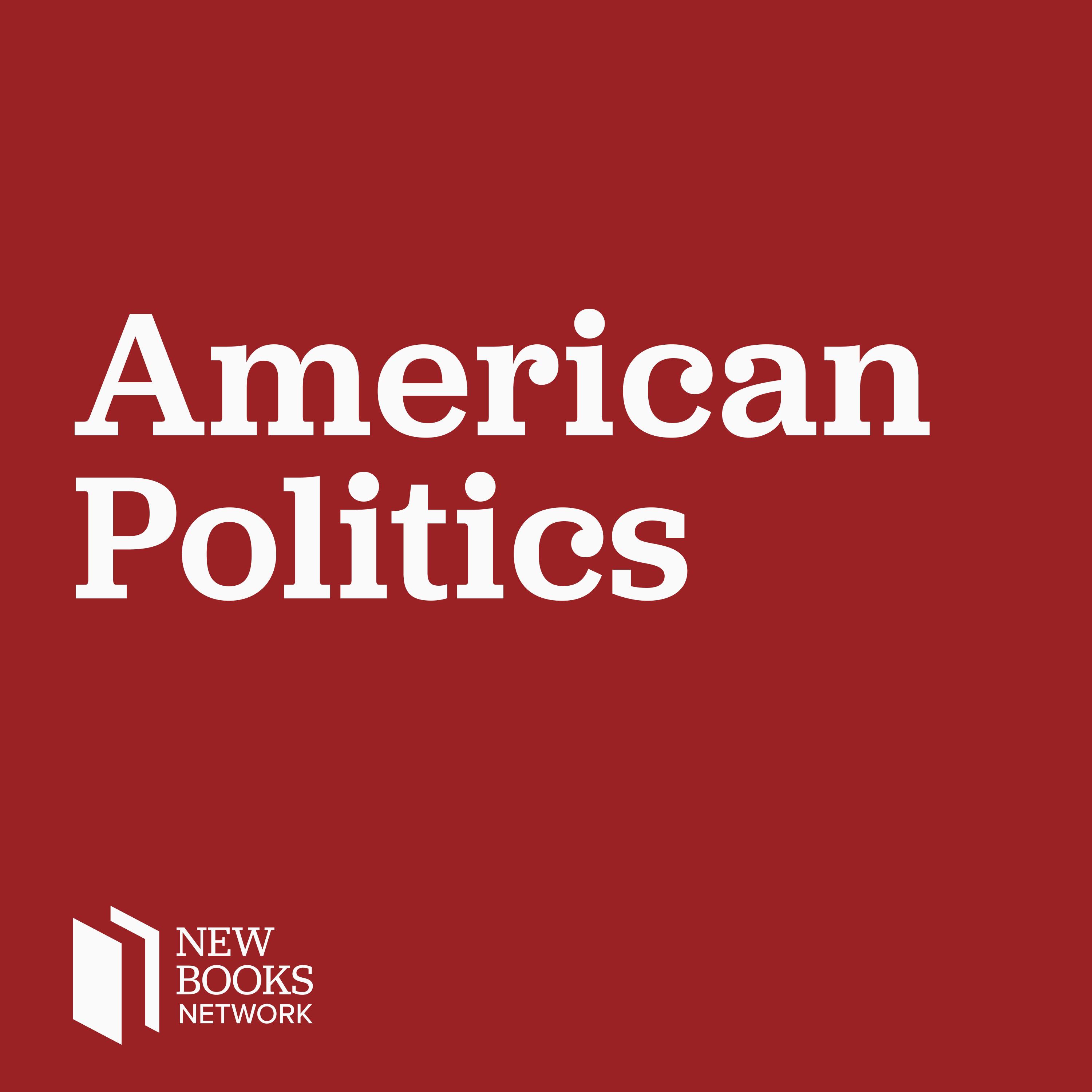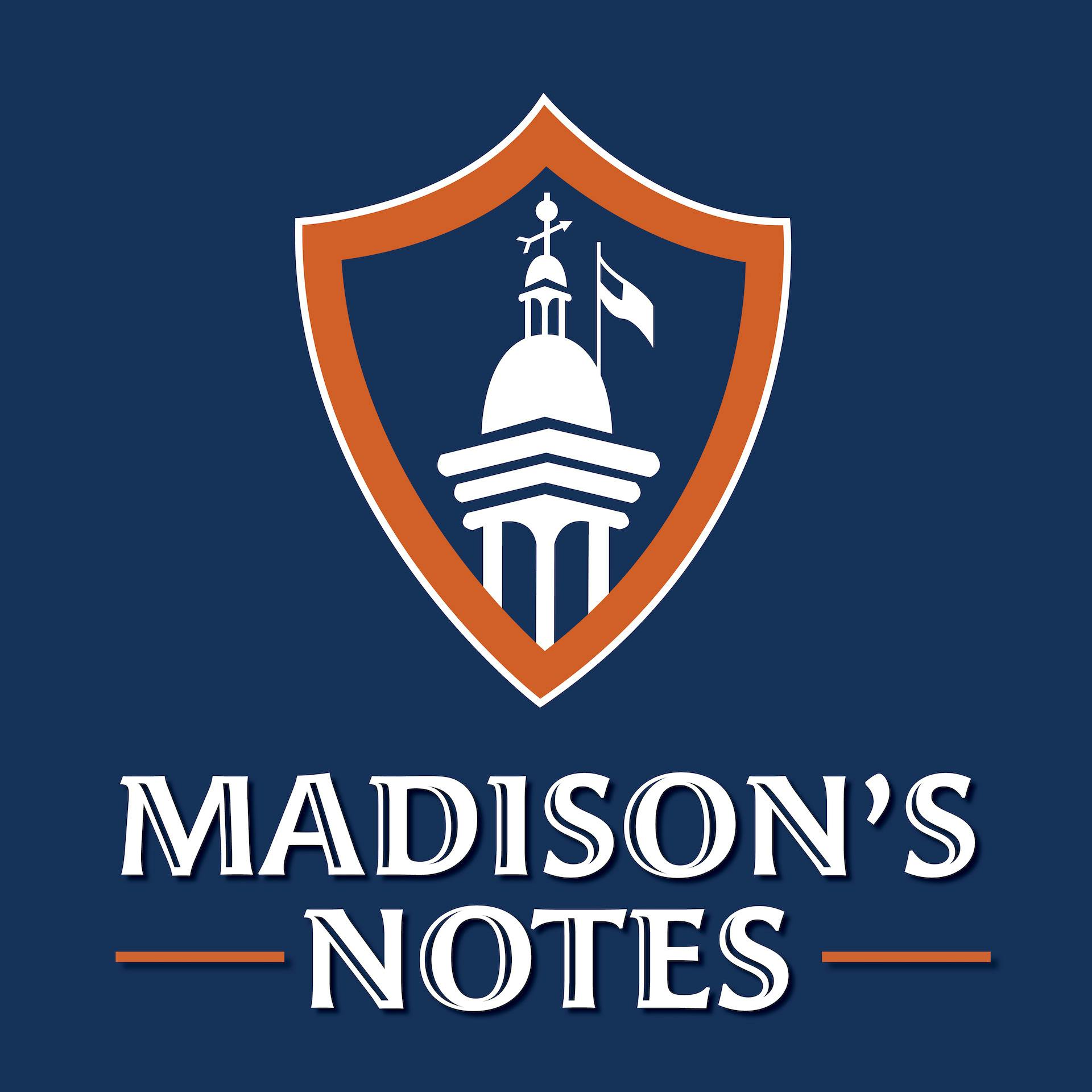Ryan M. Brooks, "Liberalism and American Literature in the Clinton Era" (Cambridge UP, 2022)
"In other words, like David Foster Wallace — who celebrates McCain for his display of “‘moral authority’” and commitment to “‘service’ and ‘sacrifice’ and ‘honor’” — Clinton responds to the extremes of free-market ideology by imagining that “American community” can be rebuilt through the practice of what he calls “old values,” or what Hillary Clinton calls, in a 1993 speech, the “politics of meaning.” In this sense, Clintonian rhetoric offers a particularly clear, particularly influential example of the kind of centrist “communitarianism” that would shape American writing and politics – including the politics of the party’s next president, Barack Obama, a self-described “New Democrat” – for at least a generation."
– Ryan M. Brooks, Liberalism and American Literature in the Clinton Era (2022)
What happens when the right scholar expands his doctoral research to insightfully engage with the pressing issues of a fragmented American society by drawing together and contrasting visions of Reaganite and Clintonian neoliberalism and its implications for literature and politics moving forward?
The answer is Liberalism and American Literature in the Clinton Era (Cambridge UP, 2022) by Ryan M. Brooks, professor of English and podcast host for Humanities on the High Plains.
Professor Brooks’ book is the latest in the Cambridge Studies in American Literature and Culture which describes his efforts this way: Liberalism and American Literature in the Clinton Era argues that a new, post-postmodern aesthetic emerges in the 1990s as a group of American writers – including Mary Gaitskill, George Saunders, Richard Powers, Karen Tei Yamashita, and others – grapples with the political triumph of free-market ideology. The book shows how these writers resist the anti-social qualities of this frantic right-wing shift while still performing its essential gesture, the personalization of otherwise irreducible social antagonisms. Thus, we see these writers reinvent political struggles as differences in values and emotions, in fictions that explore non-antagonistic social forms like families, communities and networks. Situating these formally innovative fictions in the context of the controversies that have defined this rightward shift – including debates over free trade, welfare reform, and family values – Brooks details how American writers and politicians have reinvented liberalism for the age of pro-capitalist consensus.
Some of the other writers discussed in this interview:
Bret Easton Ellis, Sesshu Foster, Sapphire, David Foster Wallace, Colson Whitehead
William Davies, Nancy Fraser, David Harvey, Georg Lukacs, Joe Klein, Robert Reich
Ryan’s critical and literary studies recommendations:
Walter Benn Michaels - The Shape of the Signifier: 1967 to the End of History;
Daniel Zamora and Michael Behrent, ed. - Foucault and Neoliberalism;
Melinda Cooper - Family Values: Between Neoliberalism and the New Social Conservatism;
Nancy Fraser - Fortunes of Feminism: From State-Managed Capitalism to Neoliberal Crisis;
Janice Peck – Age of Oprah: Cultural Icon for the Neoliberal Era;
Eve Bertram - The Workfare State: Public Assistance Politics from New Deal to New Democrats
Nonsite.org - a peer-reviewed online journal of arts and humanities scholarship
Ryan M. Brooks is an Assistant Professor of English at West Texas A&M University. He completed his Ph.D. at the University of Illinois at Chicago. His work has been published in Twentieth-Century Literature, 49th Parallel, Mediations, The Account, and the critical anthology The Wire: Urban Decay and American Television. He hosts the podcast Humanities on the High Plains.
Learn more about your ad choices. Visit megaphone.fm/adchoices
 Sign in
Sign in Sign in
Sign in Sign in
Sign in

















































